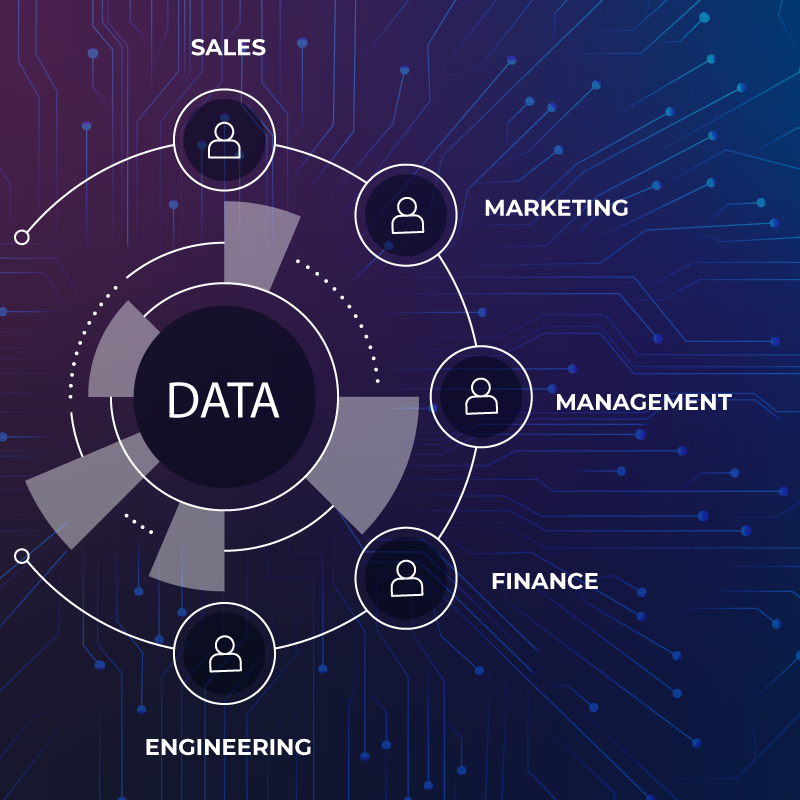Organizations are realizing the enormous value concealed within their data assets in today’s data-driven environment. However, the conventional strategy of limiting data access and analysis to a small number of chosen teams or individuals restricts the opportunity for development and innovation. Organizations must adopt a new paradigm, organizational data democratization, in order to realize the full potential of data. Organizations can enable all stakeholders to access, analyze, and gain insights from data by “democratizing” data, which promotes a culture of collaboration and data literacy. In this blog, we’ll examine the importance of data democratization in the organization and discuss the advantages it offers a business.
Accessibility
Ensuring accessibility for all stakeholders across the organization is the first step in democratizing data. This entails dismantling organizational silos and eliminating obstacles that limit some people’s access to data. Organizations may provide a self-service environment that enables employees at all levels to access pertinent data without relying on IT or data professionals by deploying contemporary data platforms and technologies like DigiXT. With such accessibility, all decision-makers—from C-suite executives to front-line staff—are guaranteed to have access to the data they need to make timely, data-driven decisions. Individuals are empowered by democratizing data access, which enables them to act quickly on insights and promotes an agile and proactive business culture.
Develop Data Literacy
In order to democratize data, data literacy must be prioritized in addition to access. Organizations must spend money on education and training initiatives to improve data literacy across all employees. Employees can learn to efficiently traverse and comprehend data by providing them with tools and training in data analysis, visualization, and interpretation. Employees with data literacy skills are better equipped to ask the correct questions, find insightful information, and come to wise judgments. In addition, encouraging a culture of data literacy promotes cooperation and knowledge sharing because employees, irrespective of their functional responsibilities, can convey and comprehend data insights more effectively.
Fostering collaboration and innovation
By allowing a larger spectrum of workers to contribute their unique insights to data analysis and problem-solving, democratizing data fosters creativity. When people from various teams and departments have access to data, they can spot trends, connect the dots, and come up with original ideas. Additionally, decentralized data eliminates informational silos and fosters teamwork. Organizations can benefit from different skills and improve decision-making processes by promoting cross-functional collaboration. Data that has been made more accessible encourages a culture of inquiry and discovery, which produces insights that boost business growth and agility.
In conclusion, Data democratization can help organizations to:
* Make better decisions
* Improve efficiency
* Increase customer satisfaction
* Reduce costs
* Drive innovation
Data democratization Tools
The sole purpose of DigiXT is to centralize data to enhance collaboration in an organization. DigiXT makes it easy for organizations to collect, organize, store, and analyze data to draw conclusions that boost business outcomes. Using DigiXT, you can
* Collect data from a variety of sources
* Store data in a secure and compliant environment
* Manage data with a variety of tools and resources
* Analyze data to identify trends and insights
* Securely Share data with others within your organization
To establish a data democratization culture in your organization, write to marketing@deployandtest.com.

